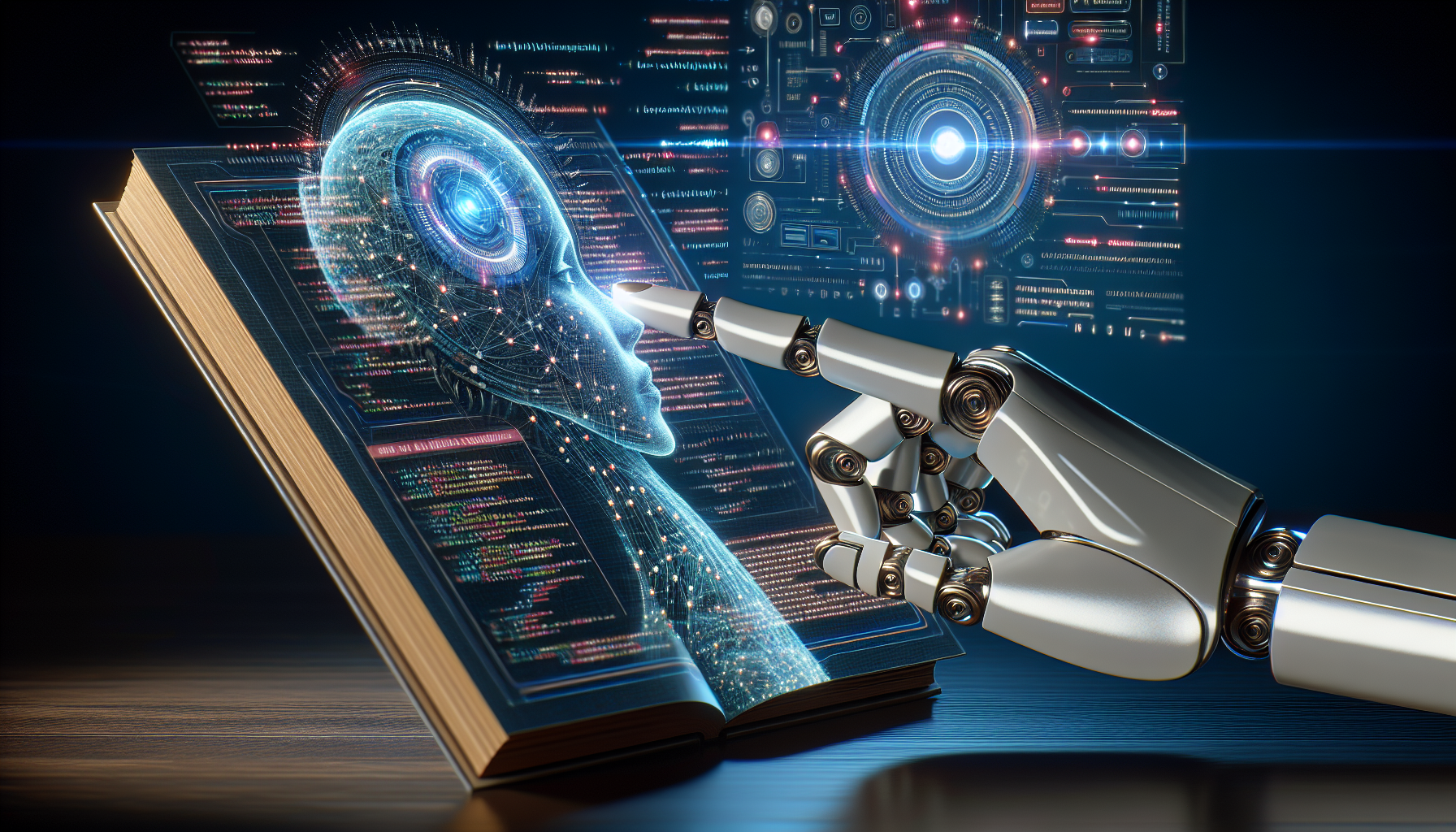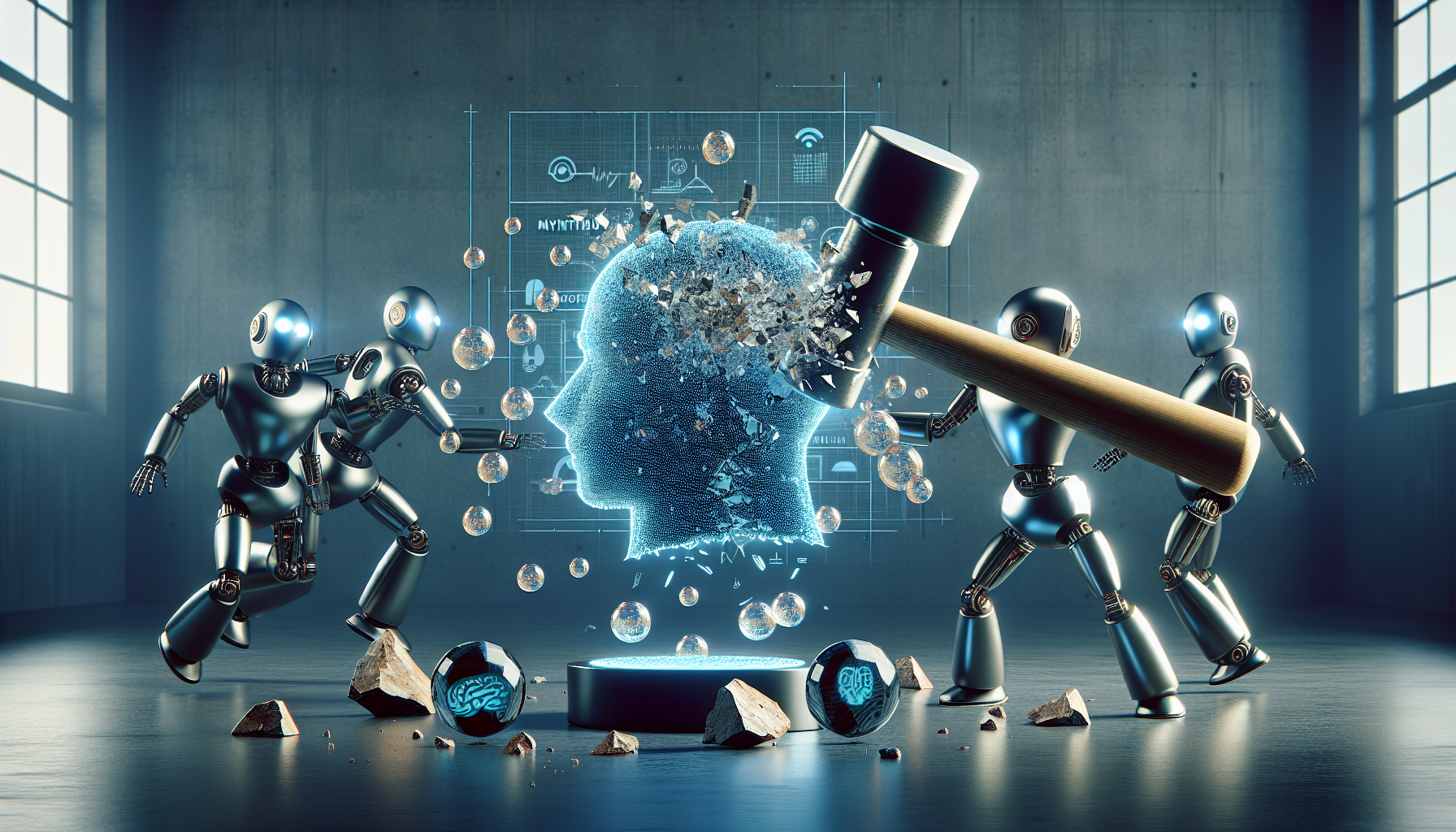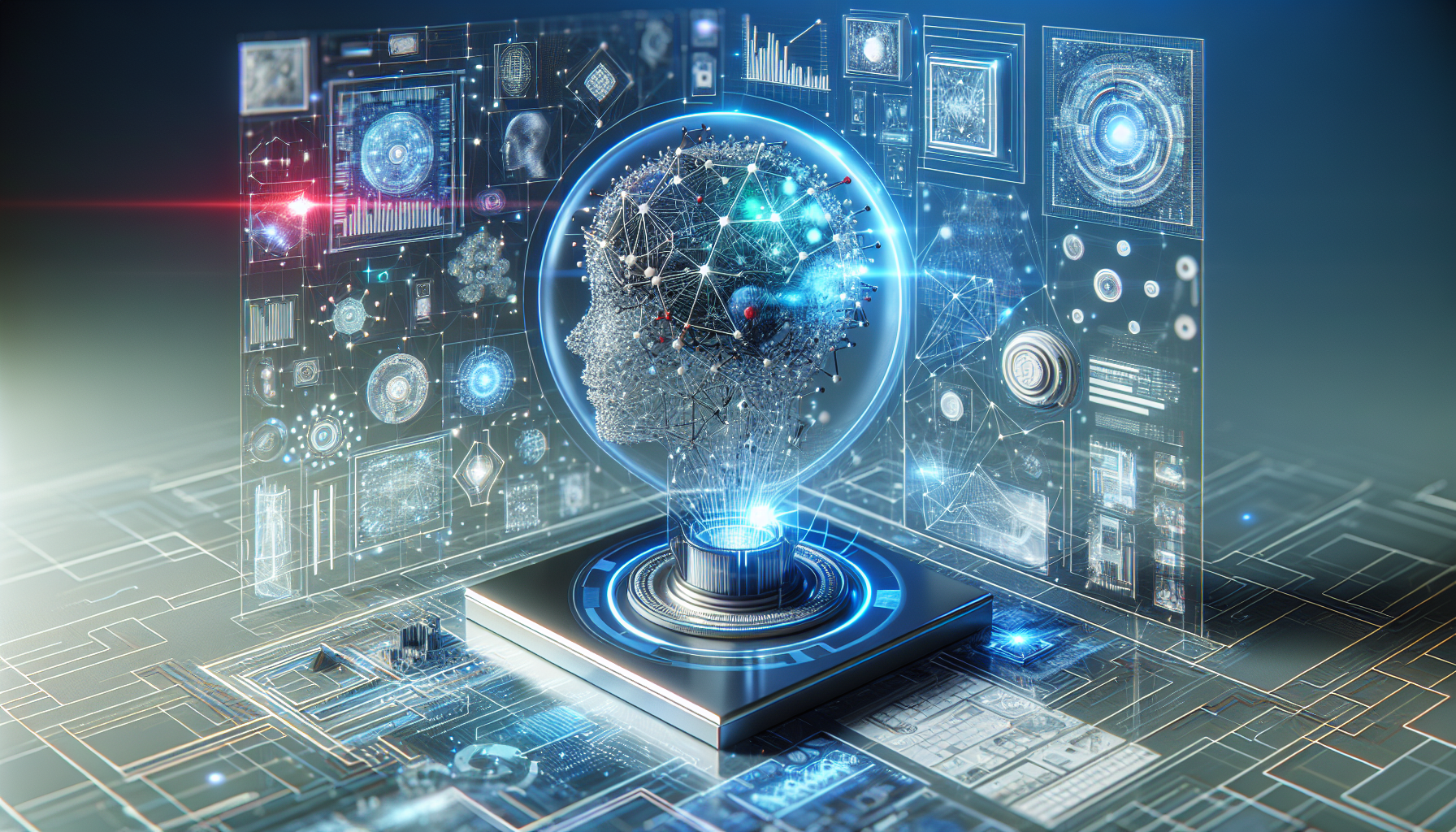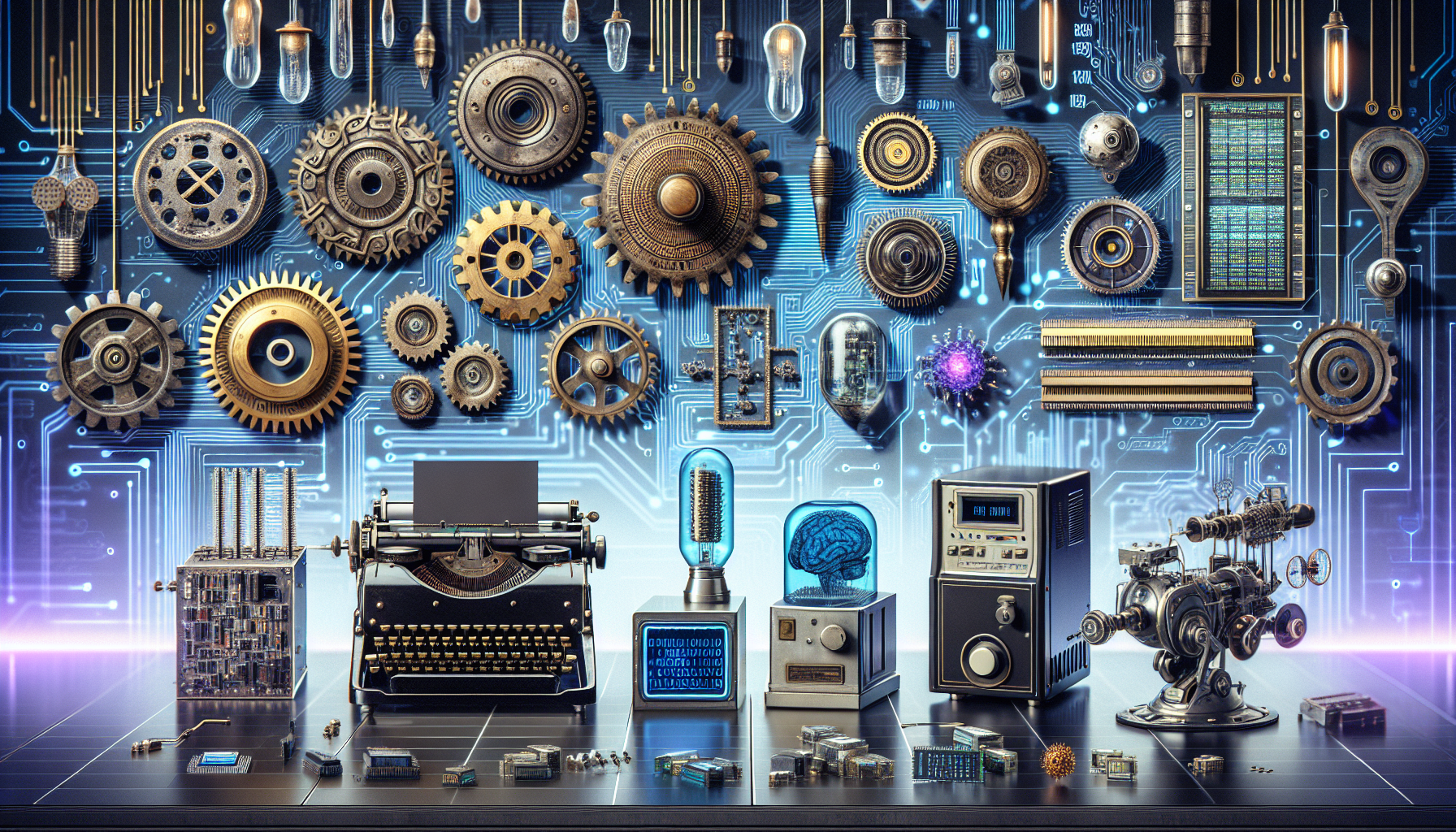
Navigating the Ethical Labyrinth of AI Development: A Guide to Building a Better Future
August 12, 2025
Artificial intelligence is not just a technological marvel; it is a beacon of human ingenuity, holding the potential to reshape societies and redefine possibilities. As we stand on the precipice of this new frontier, the question arises: How do we develop AI systems responsibly, ensuring they serve humanity's highest ideals rather than undermining them?
Understanding the ethical considerations in AI development is akin to charting a course through uncharted waters. It demands not only technical expertise but also a deep sense of moral responsibility. Here is a guide to navigating this complex landscape, one that inspires action and encourages thoughtful reflection.
The first step in ethical AI development is cultivating a mindset of transparency and accountability. Imagine AI as a mirror reflecting the values we embed within it. We must ensure this mirror is clear, not distorted by biases or hidden agendas. Developers and stakeholders should commit to open dialogues about the intentions behind AI systems and the potential impacts they may have. This transparency fosters trust and allows for collaborative problem-solving.
It’s essential to recognize that AI systems, while powerful, are only as unbiased as the data they are trained on. This brings us to the second principle: promoting fairness and inclusivity. Data can be a double-edged sword; it holds the capacity to perpetuate existing inequalities if not carefully curated. By diversifying data sets and actively seeking to eliminate bias, developers can create AI that truly represents and serves all segments of society. This requires a concerted effort to include voices from marginalized communities in the development process, ensuring their needs and perspectives shape the technology.
Privacy is another cornerstone of ethical AI development. In a world where data is the new oil, protecting individual privacy is both a moral obligation and a technical challenge. Developers must design systems that prioritize user consent and control over personal data. This means implementing robust encryption methods and clear, accessible privacy policies. By doing so, we not only protect users but also preserve the integrity of AI as a trusted tool for innovation.
Moreover, as we develop AI technologies, we must be mindful of their long-term societal impacts. Imagine a future where AI automates not just menial tasks but decision-making processes that affect entire communities. This potential underscores the need for a proactive approach to ethical foresight. Developers should engage in scenario planning and impact assessments, considering both the immediate and ripple effects of AI deployment. This forward-thinking approach ensures that AI contributes positively to societal progress.
In addition to these practical measures, fostering an ethical culture within AI organizations is crucial. This involves creating an environment where ethical considerations are not an afterthought but a fundamental part of the development process. Establishing ethics committees, providing training on ethical AI, and encouraging open discussions about ethical dilemmas are all ways to embed ethics into the organizational DNA.
Finally, collaboration is key. The challenges of ethical AI development are too vast for any single entity to tackle alone. By forming partnerships across industries, academia, and government, we can pool resources and expertise to address complex ethical issues. This collaborative spirit can drive the creation of global standards and best practices, ensuring that AI serves the collective good.
As we embark on this journey of ethical AI development, we are reminded that technology, at its best, is a reflection of our highest aspirations. It holds the promise of solving some of humanity’s most pressing challenges, from healthcare to climate change. Yet, it is up to us to guide it with wisdom and care.
In contemplating the future of AI, consider this: How can each of us contribute to a technological landscape that not only advances human capability but also elevates our shared humanity? The answer to this question may just hold the key to unlocking a future where AI becomes a force for good, a testament to our collective ability to dream, to build, and to inspire.


